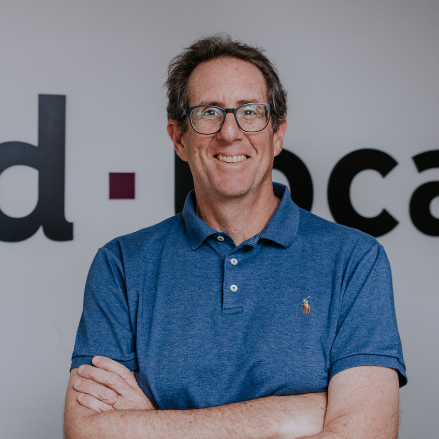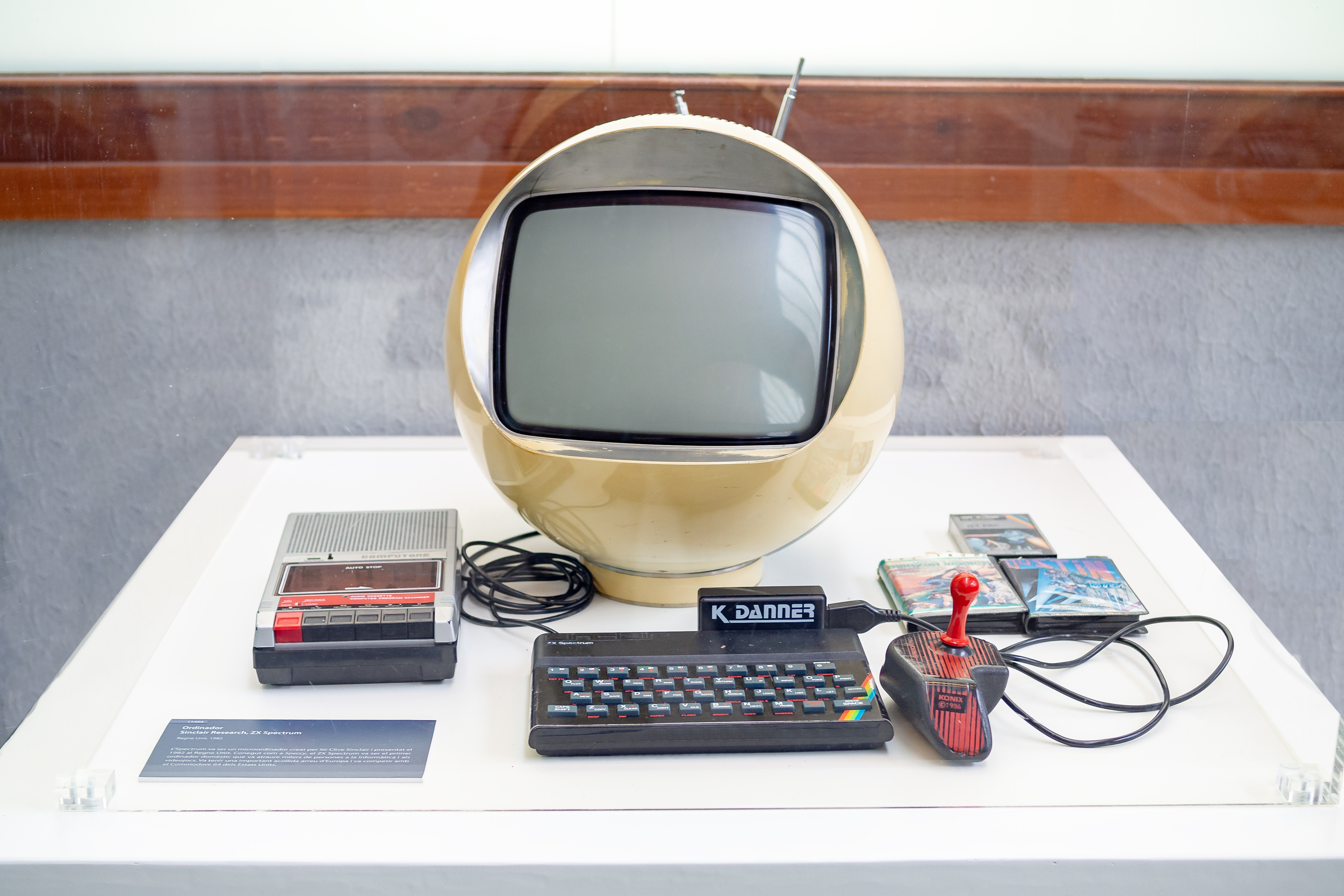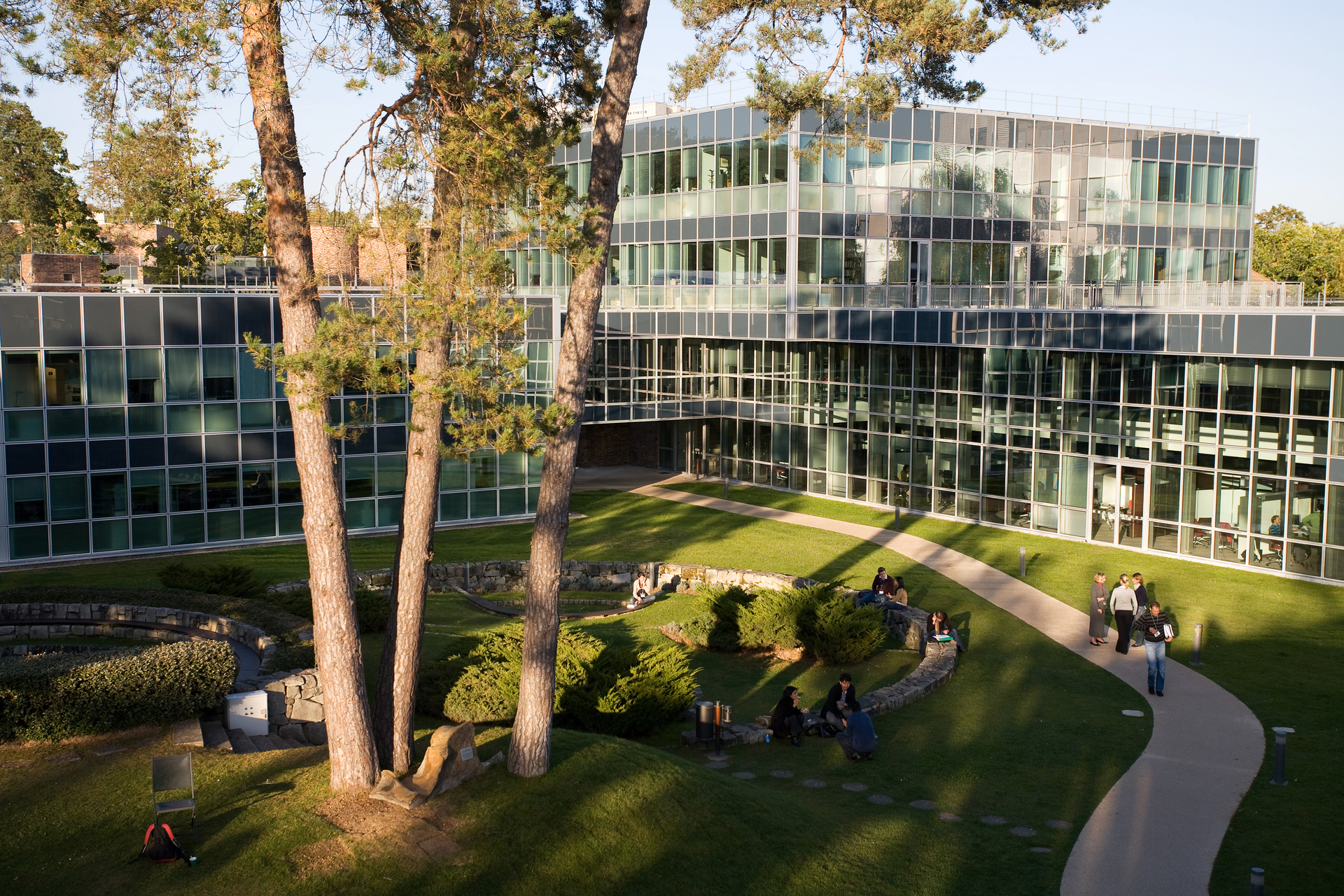INSEAD alumnus Sergio Fogel is one of Uruguay’s most successful internet entrepreneurs. In 2016, he co-founded payments firm dLocal. Today, it’s the world leader in cross-border payments in emerging markets, with offices in five countries and operations in 30. It became Uruguay’s first unicorn in 2020 and is now valued at US $9.5 billion, following its 2021 public listing on the NASDAQ.
We sat down with Sergio to find out more about his entrepreneurial journey and the role INSEAD played in his success.
Can you explain what dLocal does?

Sergio: Our cross-border payment platform connects global merchants to billions of customers in high-growth emerging economies, where international credit cards can be scarce.
We help these global companies offer their customers a simple solution for making online transactions, and for paying local sellers and partners by depositing the funds in the local currency direct to their local accounts.
Say, for example, a commuter in Rio de Janeiro wants to pay for an Uber, or a business in Nairobi takes out a subscription to Microsoft’s Office 365, or a New Delhi fashion brand decides to advertise on Facebook.
We are that technology infrastructure piece that allows the global company to easily make those transactions happen, navigating the myriad payment systems and bureaucratic hurdles they may encounter and ensuring the whole process is seamless.
Taking a step back, what sparked your interest in technology and business in the first place?
Sergio: After graduating from high school in Uruguay, I took a gap year and went to Israel.
There, at a friend’s house, I laid eyes on a computer for the very first time – a Sinclair ZX Spectrum. Right away I knew I had to have one, so I took all the money I had and bought my own model. I began playing around with coding, then dug deeper to learn how the microprocessor and every other part of it worked.
Computers opened up a world of possibilities to me, and I was obsessed.
That discovery also played a role in my decision to study at the Technion – Israel Institute of Technology.
Unlike Uruguay at that time, the country had a thriving technology sector, and I was hungry to learn. I graduated with a Master’s degree in Computer Science in 1990 and got a job as a researcher with IBM in Haifa, working on chip design and verification – a wonderful learning opportunity.

Why did you decide to enrol for an MBA at INSEAD?
Sergio: For family reasons, my wife and I decided to move back to Uruguay. I quickly realised it would be impossible to find a role there similar to what I’d been doing in Israel.
The tech scene back home was completely different and not yet developed. I decided to switch careers as well as geographies and focus on becoming a technology entrepreneur.
I knew I’d need new business skills to achieve that goal since I didn’t really know anything about managing a company. Signing up for an MBA with a prestigious business school like INSEAD seemed the obvious solution.
What made you pick INSEAD rather than any other business school?
Sergio: I remember opening a newspaper and reading an article about INSEAD and being immediately captivated by the idea of an international school.
That made complete sense to me as someone who already saw the world in fairly global terms and had worked abroad from a young age.
INSEAD was very much my first choice.

You graduated from the programme in 1994. Looking back, how would you assess your INSEAD experience? Would you say it has helped shape your subsequent career trajectory?
Sergio: Absolutely. For a start, I took every entrepreneurship course available, even though back then this was quite a niche subject.
One particularly valuable course, entitled “Financing the entrepreneurial adventure”, was my first introduction to the world of venture capital and what is now called private equity.
I recall Professor Phil Parker led another standout course on international marketing. I’d also like to acknowledge Professor Dan Muzyka, who played a key role in instilling the entrepreneurial bug in us students.
The whole INSEAD experience made a phenomenal impression, and I wasn’t the only would-be tech entrepreneur who felt that way. My study group also included Oren Zeev and Chen Amit, who went on to found payables automation software firm Tipalti, among other things. The three of us are still very much in touch and indeed are cross-shareholders in each other’s companies.
Funnily enough, I just recently went up to the attic and dug through all my old INSEAD MBA papers to retrieve a presentation deck that we had been given as a student resource. Even nearly 30 years later, it is still relevant to things I’m doing today.
How about the INSEAD peer network?
Sergio: That’s been another major benefit. As it’s highly diverse and global, it’s a great resource to draw on and I use it all the time.
For example, I recently needed a connection in Morocco, so I called a former classmate – an Italian, now based in Paris – who I knew has business interests there and who was able to give me good advice.
The INSEAD peer network is also how I got my first job after finishing the MBA programme. Another classmate who went on to work for Oracle told me about a position that had come up for a sales executive and suggested I apply. I ended up getting the job and stayed for about six years, gaining invaluable insight into what drives corporate buyers of technology.
You can see how all along the way, my INSEAD experience and connections were supporting my career path.
After that, I went out on my own and started putting my business skills and experience to use as an entrepreneur and angel investor.
My focus was tech start-ups and my successes included long-distance carrier Uniotel, virtual phone number listing site JetNumbers.com, and payments processing company AstroPay, which was the precursor to dLocal.

A little further down the line, you also began teaching business studies classes yourself. In 2008, the private university ORT Uruguay hired you as a Professor of Digital Disruptions.
Sergio: Yes, it’s always been a great interest of mine to support start-up culture, helping to train new generations of entrepreneurs.
I found teaching highly stressful though. The experience gave me renewed respect for the INSEAD faculty for sure!
Looking ahead, what’s next for you and for dLocal?
Sergio: With dLocal, we’re continuing to push ahead into new markets globally, especially in Africa.
It’s a tough challenge – as a continent, Africa’s obviously very diverse, so business environments and regulations differ markedly from country to country. But there’s also a big demand for the type of services we provide, both from very large companies and mid-sized ones.
Another thing we’re working very hard to do is get our customers to use us across the full range of products that we offer and in all the geographies where we exist. We have a lot of space to grow and we’re only just getting started.
Apart from dLocal, I’m still quite active as an angel investor. Recently, a young entrepreneur asking me why I still got involved in this type of thing. After all, I don’t need the money. I explained it was the thrill of seeing a company start from zero and begin to take shape, gaining new clients and making an impact.
I’ve always believed achieving business success this way is one of the most exciting things you can accomplish in life – it’s just an amazing feeling. But now I’m a bit older and perhaps not so hungry anymore, I have to relive the experience by investing in start-ups and helping others grow.
To me, entrepreneurship is still a super exciting journey.
I’m very grateful for the role INSEAD’s played in helping me make something out of my passion for entrepreneurship.






